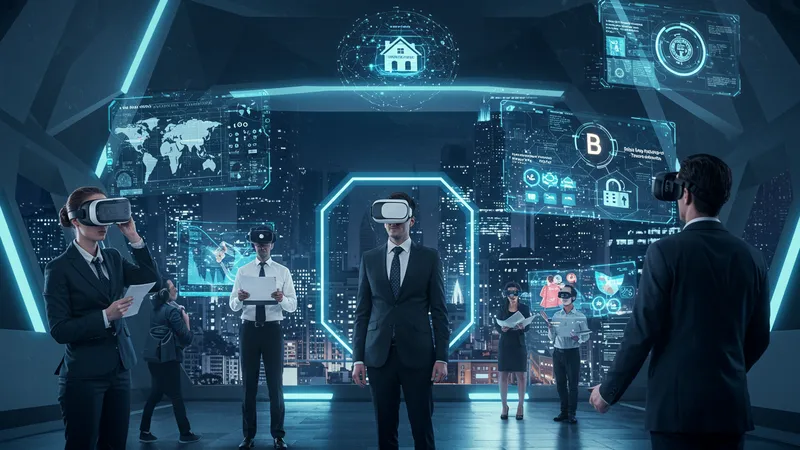
Financing Commercial Real Estate: Strategies For Smart Investors

Transformative Technologies in Real Estate
The role of technology in revolutionizing real estate is no longer a futuristic dream but a present-day reality. From AI-driven property valuations to virtual reality tours, technology is reshaping the landscape, making investments more accessible and understandable. But there’s a caveat—this accessibility isn’t without its own complexities.
Blockchain technology, for instance, promises transparency and security, crucial for transactions involving large sums of money. This innovation could eliminate the need for traditional intermediaries. By bypassing middlemen, blockchain could redefine the whole transaction process, saving time and cutting down costs significantly. However, what does this mean for the traditional players still holding on to old methodologies?
Sectors like property management are integrating IoT devices to streamline operations, offering real-time data on utility usage, security protocols, and maintenance needs. Such advancements don’t just optimize operations—they empower investors to make granular decisions, shifting from reactive to proactive strategies. And this is just scraping the surface of technological possibilities.
As AI continues to evolve, so do predictive models that help manage risk, something every investor strives for. Though AI provides depth insights into market trends, consumer behavior, and more, skeptics abound. Can data-driven decision-making fully replicate human intuition? Just when the debate seems settled, the next tale weaves a deeper understanding that’s poised for a breakthrough.